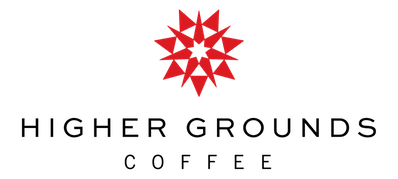In 2016, the Specialty Coffee Association published a white paper addressing the issue of gender equality within the coffee industry. Their summary of that report is a great place to start on this issue:
"Equality is a core value of our industry, but gender inequality exists within it. Research shows a significant disparity between male and female coffee producers in the developing world. Much of this is due to deeply rooted social biases that create numerous disadvantages for women compared to men. Overall, women earn less income, own less land, control fewer assets, have less access to credit and market information, greater difficulty obtaining inputs, and fewer training and leadership opportunities. These disparities create inefficiencies in the coffee value chain because women, who perform fundamental agricultural tasks, are not accessing the resources needed to maintain or improve their output. The coffee industry has a profound reach into the agricultural sector: as many as 100 million agricultural producers depend on coffee production for their livelihoods (Jha et. al, 2011). The specialty coffee industry has a tremendous opportunity to minimize the gender gap in agriculture to the benefit of our specialty coffee supply and our suppliers."
Since 2014, farmers within the Muungano coffee producing cooperative in the eastern Democratic Republic of Congo’s South Kivu region have partnered with Higher Grounds, via our sister nonprofit On the Ground, to create gender equity programs and expand the role of women in regional coffee production.
Despite often being responsible for up to 80% of coffee farms labor in the DRC, many women never see a single Congolese Franc for their efforts. Additionally, according to a 2007 DRC Demographic and Health Survey, approximately 1.80 million women in the DRC have been raped, while another 3.37 million have suffered sexual violence at the hands of their intimate partners. However, communities partnering with OTG are working to change cultural norms through Gender Action Learning System (GALS) courses, which help men and women develop stronger, more sustainable communities through economic inclusivity and rejecting violence.
Higher Grounds partners with On the Ground to implement GALS, facilitating gender equality workshops within the Muungano cooperative and expanding the scope of their credit and savings programs. GALS courses help coffee farming families gain a better understanding of how prosperity increases when women receive fair compensation for their work in the field and are given equal authority in determining household finances. Now, many of these families are looking to teach the GALS methodology in other nearby communities, creating a positive ripple effect across the region.
Every sale of HG coffee increases our ability to continue funding these impactful workshops. Learn more about On the Ground’s Project Congo.
Work cited:
“A Blueprint for Gender Equality in the Coffeelands," SCAA white paper
